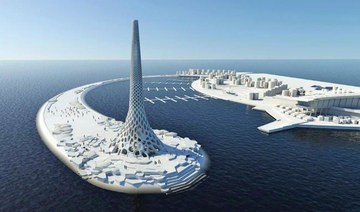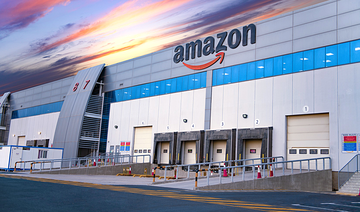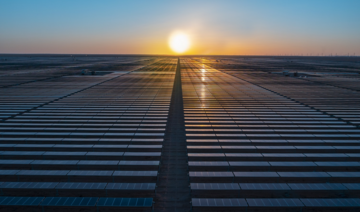RIYADH: Saudi Arabia’s Public Investment Fund in collaboration with the Saudi Tadawul Group has announced plans to establish an exchange for carbon offsets and credits within the MENA region as part of efforts to combat climate change.
Under the initiative announced on Friday, the platform will become the primary destination for companies and institutions seeking to reduce their emissions through the trading of verified, approved and high-quality carbon equivalent credits certificates, SPA reported.
The voluntary platform is part of efforts to align with regulatory entities, such as the Designated National Authority for Clean Development Mechanism, along with local and international expertise to identify regulatory and operational methods, business models and governance practices to support the reduction of climate change effects and contribute to Paris Agreement goals.
Saudi Arabia's Crown Prince Mohammed bin Salman, chairman of the PIF, said: “These efforts are part of Saudi Arabia’s leading role within the region to contribute to the reduction of climate change effects as part of several initiatives that were launched with that regard, through pursuing additional methodologies such as creating a motivational environment for companies and institutes to reduce their emissions.”
“Moreover, and taking Saudi Arabia capital market strength, its initiatives and aspirational projects into consideration, we are well-positioned to incubate and host this exchange platform,” he said.
Yasir Othman Al-Rumayyan, governor of the PIF, said: “Looking at the exemplary projects we are working on, which generate their supply of energy from renewable sources and utilize sustainable material, we have developed deep knowledge on how to contribute to this cause."
“We have a strong financial background that we will deploy to create a suitable environment for the voluntary exchange platform, and we will capitalize on our partnerships and the strength of our investment portfolio, in addition to exploiting the efforts led by the Sovereign Wealth Funds Group that aim to enhance the effect of its investments on the environment,” he said.
The PIF has a key role in international initiatives that aim to reduce effects of climate change, such as the One Planet Sovereign Wealth Funds Working Group, as well in related conferences and forums.























